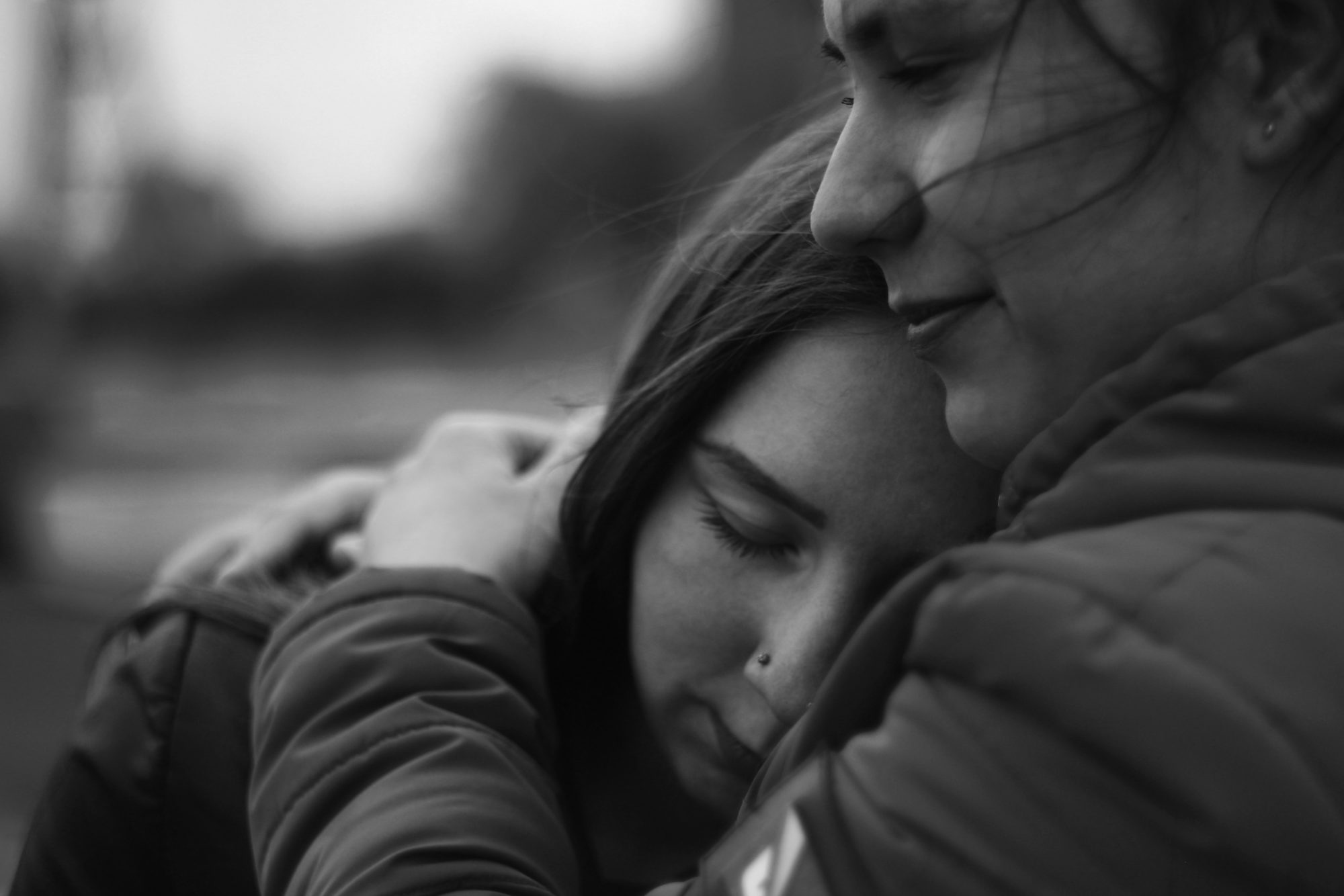This is a tricky time of year: We’re often tired and triggered and hopped up on sugar. Even when we really love the holidays, they can be brutal. It’s a time of unrealistically high expectations. Money gets a little tight. And many of us come into close contact with the most challenging people in our lives. Others are bound to disappoint us, and we will often disappoint ourselves and other people.
(A reminder: Although it doesn’t feel right, it’s totally normal to be more reactive around your immediate family than you are with your friends. Our parents, spouses, and siblings know where our buttons are and how to push them, because in many cases, they installed them.)
This is also a time when we want to be our best selves. We want to be generous and loving and patient. We want to end the year by resolving to do even better next year.
To boost follow-through on these good intentions, we need to feel safe and secure. When we are stressed, our brain tries to rescue us by activating our dopamine systems. A dopamine rush makes temptations more tempting. Think of this as your brain pushing you toward a comfort item . . . Like an extra glass of wine instead of a reasonable bedtime. Or the entire breadbasket. Or an extra little something in your Amazon cart.
As Kelly McGonigal, author of The Willpower Instinct, writes, “Stress points us in the wrong direction, away from clear-headed wisdom toward our least-helpful instincts.” When we’re relaxed, we’ll choose the locally grown organic apple, the earlier bedtime, the stairs instead of the elevator. We’ll respond to a difficult relative with love and compassion.
And when we’re stressed? Personally, I have a weakness for tortilla chips and spicy queso.
So instead of turning to social media and Christmas cookies and booze to soothe our rattled nerves, this is the time to preemptively comfort ourselves in healthy ways. Fortunately, positive emotions like compassion and gratitude act as powerful brakes on our stress response — and as such, are truly comforting.
The takeaway: When we start to get stressed or tired, we can schedule a quick walk or call with a friend, reflect on what we are grateful for, or let ourselves take a little nap. Perhaps we need to seek out a hug or watch a funny YouTube video. These things may seem small — or even luxurious — but they enable us to be the people that we intend to be.
* * * * *
This post is an excerpt from my latest eBook, How to Set a Resolution that Sticks: Establishing New Habits & Achieving Your Goals. If you are interested in learning more about how to be your best self in this new decade, I hope you will download it. It’s free!

